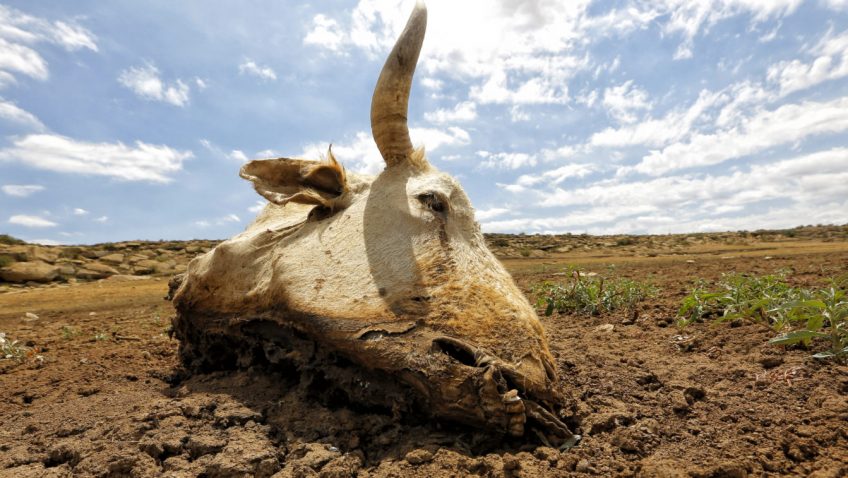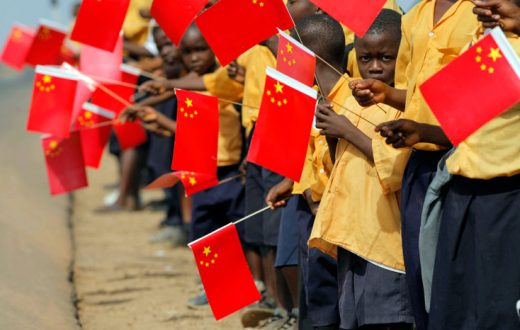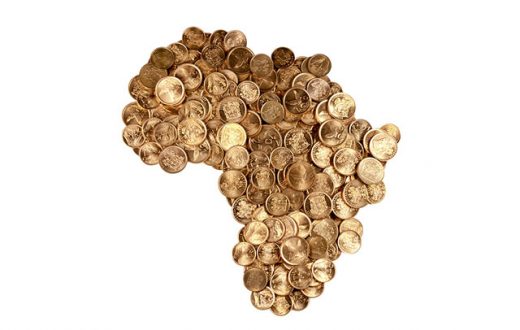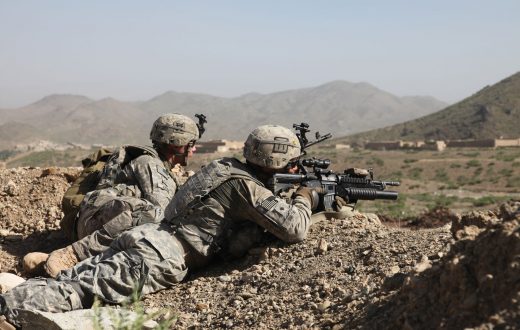An introduction
The African continent has been known throughout its history that its peoples are dominated by the agricultural and pastoral life, and that the climate greatly affects their lives, and with the climate changes that the entire world is witnessing not long ago. The climate crisis being one of the most prominent crises affecting the future of the dark continent, as it greatly affects the stability of its peoples, the level of their economic development and their level of security.
Reports issued by the Food and Agriculture Organization (FAO) indicated that in the last ten years Sub-Saharan African countries have succeeded in overcoming the problems of global warming and climate change, and the rate of malnutrition has decreased from 29% to 20%. Despite this, poor humanitarian conditions and operations Displacement has witnessed a significant increase in the period from 2015-2016 in many sub-Saharan African countries, due to the conflicts that occurred in most countries with the spread of violence, terrorism and other phenomena, which affected agricultural crops and livestock.
Climate change: a back-end portal for recruitment
The “Word Watch” Research Center explained in a report published in February of this year that climate change will lead to an increase in poverty, but also increases internal instability, and this in turn fuels terrorism and crime and may push youth towards joining armed organizations, such as the Sahel and Sahara regions West Africa, in which environmental and social factors played a role in the emergence of violence between society, whether tribal or ethnic, or the emergence of extremist organizations.
According to Fragile States Index ( FSI) issued by the Peace Fund Foundation, the Horn of Africa also suffers from an exacerbation of climate problems, and countries that suffer from climate fluctuations are constantly present, such as Somalia, Kenya, and Eritrea, and these countries record high indicators of the rates of violence that climate change is one of its causes, especially those Conflict caused by droughts. [1] In 2011, Somalia suffered from droughts linked to climate change. Where he observed in that period the researcher “Marcus King” at George Washington University that “the youth movement” changed its field movement plan and began to isolate the liberated cities from its peninsula from water resources ([2]).
Also, in 2018, American officials indicated that the droughts in which Lake Chad is suffering has strengthened the efforts of the spread of extremist groups, especially (Boko Haram and Al Qaeda) in the Sahel region. In 2018, Mali witnessed an escalation in violence between farmers and herders and recorded the number of people who need Food reaches 5.2 million persons as a result of escalating violence and drought [3]
In Cameroon, for example, one of the main reasons behind the youth joining there (Boko Haram) is the climate changes that affected the agricultural environment there and increased the process of desertification of lands in addition to the high costs of marriage ([4]), and therefore it is not surprising that more Many young people, ages 17 to 22, join armed groups in the Lake Chad region, as drought has led to the conviction that joining these groups is the means to ensure “survival” of life ([5]).
This hypothesis is confirmed by the report issued by the German Foreign Ministry in 2017, which dealt with the talk about the “ISIS” organization and the reasons for its spread and expansion in Syria, where among the reasons put in place to explain the reasons, is that water scarcity in some Syrian cities helped ISIS to Spreading and recruiting youth and disseminating his ideas through his work to provide water for the people.
Food Security , Nutrition and Conflict.
Climate change and global warming exacerbated existing security problems in sub-Saharan Africa, and consequently many of them appeared in sub-Saharan countries, and the deterioration of food security in its countries in 2017 reached 22.7%.
In Niger, increased climate fluctuations, rapid demographic change and environmental degradation in general have led to increased competition for resources and conflict between citizens. According to meteorologists, the temperature in Niger will increase to 2.4 ° C during the period from 2031 to 2050, which means difficult climate challenges that the country will face, which is The consequence of the exposure of the agricultural soil to problems related to desertification, as Peter Maurer, President of the International Committee of the Red Cross (ICRC), indicated that Niger suffers from a decrease in the proportion of fertile agricultural lands and that this matter has generated a type of conflict between citizens . ([6]).
This means that climate change will further complicate the internal scene in a country that suffers mainly from a delay in the rates of development, poverty and the spread of criminal activity, especially if we know that the United Nations estimates about the Sahel region and the level of agricultural security there came very serious estimates about the deterioration of nearly 80 % Of agricultural land due to climate change, and about 50 million people live on agriculture and depend on livestock raising as a basic source of livelihood, and as of 2018, there are approximately 33 million people in the Sahel region who lack food security.
On the other hand, unstable climatic conditions and conflicts were major factors that contributed to the increase in the degree of violence in Africa. To him through the customary customs and the rapid mediation of the great tribes there. But this coexistence does not last long. Every year, thousands of civilians from Burkina Faso, Chad, Mali, Niger and Nigeria are killed in bloody inter-sectarian violence.
In 2016, the poverty and famine rate in Africa reached 25% of the total population of the continent, and violence accompanying climate change was one of the reasons for reaching this percentage, and this is confirmed by the World Bank’s report in 2013 under the title “Eliminating heat: climate events Severe and the effects on the regions, “he reached several important conclusions, which are:
Current climate changes have led to increased temperatures in Sub-Saharan Africa to nearly 4 degrees Celsius
High temperatures have affected agriculture and food security in Africa.
Poor societies will experience violent conflict as a result of desertification.
In conclusion, it can be said that the tensions between agricultural and pastoral societies in sub-Saharan Africa are increasing due to the shrinkage of exploitable lands and the lack of sustainability of water resources. ”Climate change leads to further complicating the scene in the sub-Saharan region.
Because of suffering from delayed development, chronic poverty, widespread criminal activity and violence, the activation of major and urgent political efforts aimed at mitigating the effects of climate change has become critical to avoiding dire consequences for the spread of extremist and armed groups in Africa.
References :
[1] Moshe Terdiman, CLIMATE CHANGE AND CONFLICT IN THE MIDDLE EAST AND NORTH AFRICA, Research Institute for European and American Studies, https://bit.ly/2Io3NFd.
[2] https://ar.unesco.org/courier/2018-2/tgywr-lmnkh-yhdwd-bnzt-jdyd
[3] The Sahel is engulfed by violence. Climate change, food insecurity and extremists are largely to blame, World Economic Forum, https://bit.ly/2Um8LZt
[4] State Measures to prevent radicalization and violent extremism in the francophone space: The example of Cameroon, https://bit.ly/2NsnVGC.
[5] How climate change is fueling extremism, CNN, https://cnn.it/2EQdk5A
[6] -https://democraticac.de/?p=59995#_ednref6








